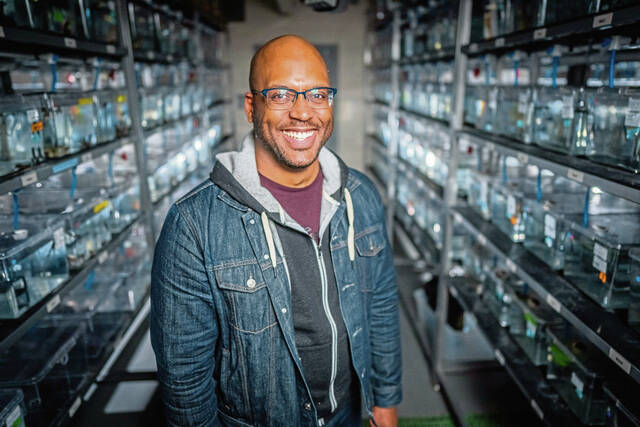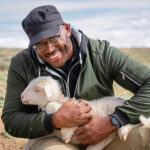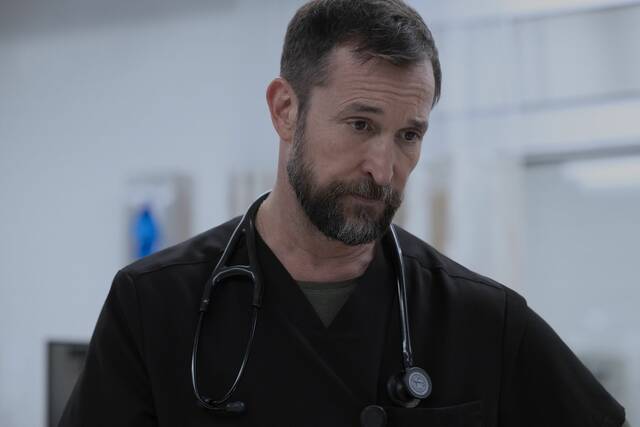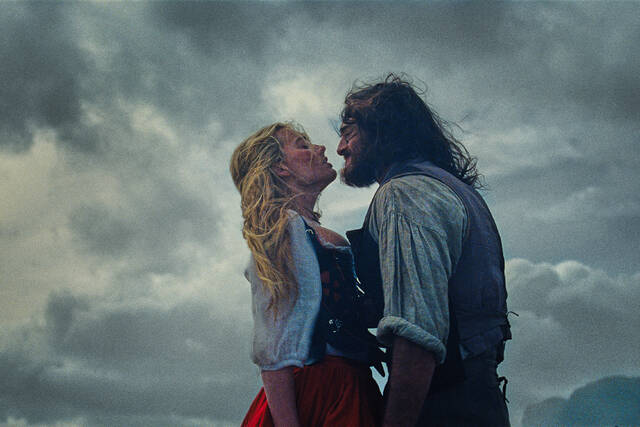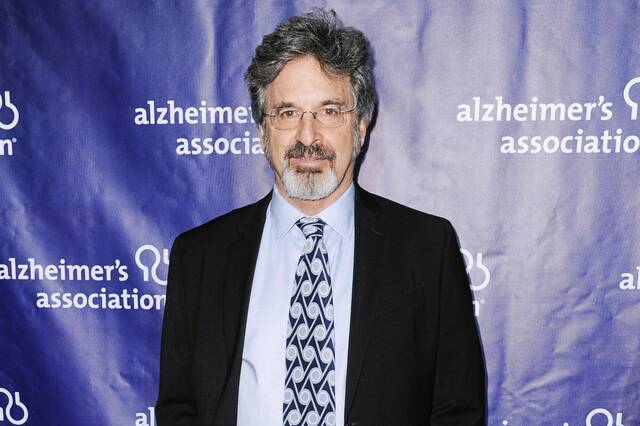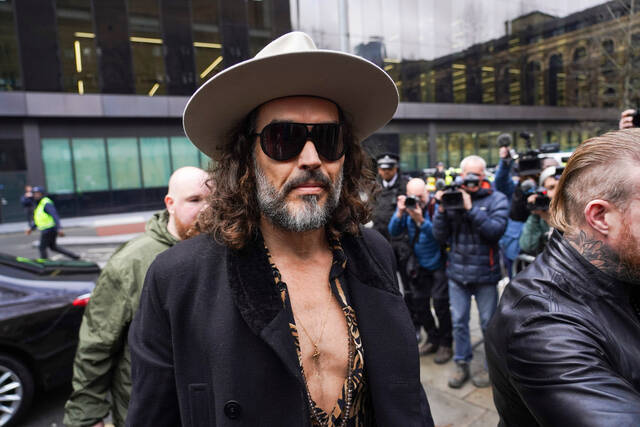While we hear a lot about the human impact that’s resulting in climate change, the new PBS docu-series “Human Footprint” (9 p.m. Wednesday, WQED-TV) looks at other ways that people have transformed the planet.
Princeton University professor Shane Campbell- Staton hosts this six-part science/travel series that begins with “Strangers in Paradise,” an episode devoted to how invasive species, including Asian carp, reshape the world’s ecosystems.
“With eight billion people on the planet, human impact and interventions play a vital role in our environment and really affect everything around us,” explained Bill Gardner, head of development for general audience programming at PBS during the winter 2023 Television Critics Association press tour. “As we continue to leave our mark, it is becoming increasingly meaningful to paint a bigger and more detailed picture of how our everyday choices, past and present, have the power to transform our future.”
As an evolutionary biologist, Campbell-Staton said he spends hours every day thinking about humans as engines of evolutionary change. But making “Human Footprint” helped expand his view.
“I still consider myself an expert, but I also realize just how narrow my vision of the topic was (by) coming at it strictly as an evolutionary biologist,” he said. “Having conversations with people who are intimately connected to all of the ideas that we explore really brought in and clarified my understanding of who we are as a force of nature.”
Nathan Dappen, “Human Footprint” producer, said the first step in the process of making the series was to brainstorm the broad topics they wanted to cover.
“We just dove super-deep into stories that we thought were most compelling that told us a specific element of human nature,” Dappen said. “We tried to pick topics that aren’t just about a specific species or about a specific set of facts, but that illustrate a certain element of our behavior, a certain element of our desires that seem to be universal.”
Dappen said the biggest challenge was finding the human story within the topics that would allow the show to reveal facts in an engaging way.
In addition to the invasive species topic in episode one, episodes also explore humans as the planet’s “Top Predator” (9 p.m. July 12) and how “Man’s Best Friend” (9 p.m. July 19) has been reshaped by evolution into humans’ perfect partner.
“(We wanted to) explore those facts in the context of human culture and human society,” Dappen said. “Like, how do we tell a story of Asian carp as an invasive species? Well, a Redneck Fishing Tournament was a fantastic way of doing that.”
For Campbell-Staton, making “Human Footprint” educated him on better practices in science communication.
“Being able to figure out what these stories are, how to tell these stories, interacting with these people has fundamentally made me a better biologist,” he said. “I see my field in a different light now. I understand the questions in a different way and I can approach them now with a breadth and an artistry that I wasn’t able to before. It just really highlights the importance of connecting the scientific community and the broader public around conversations that unite the two.”



